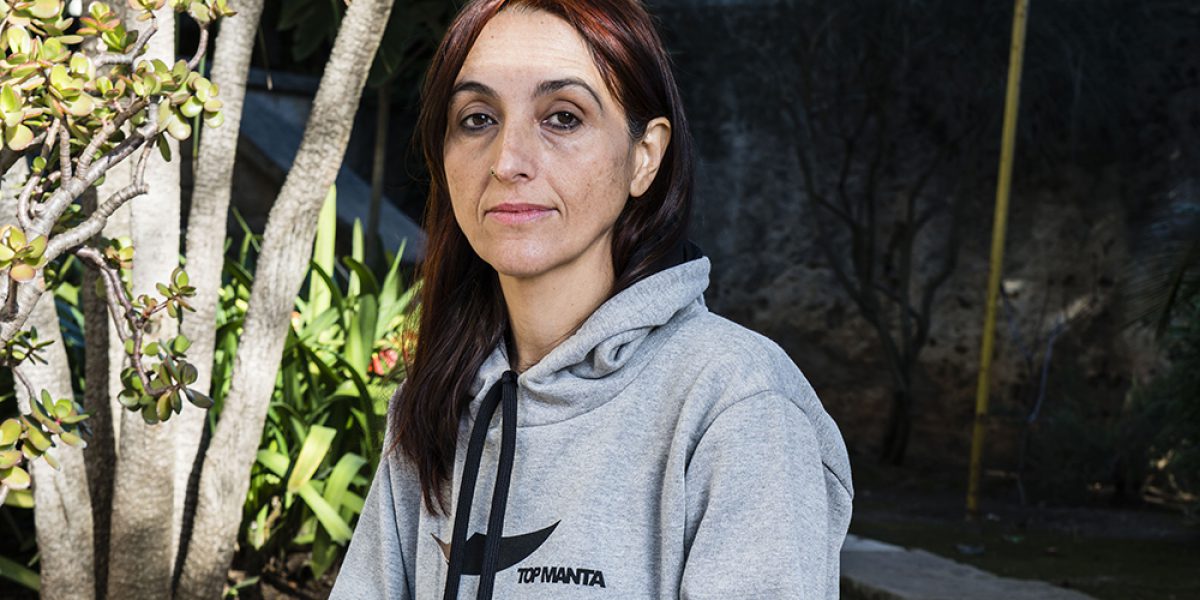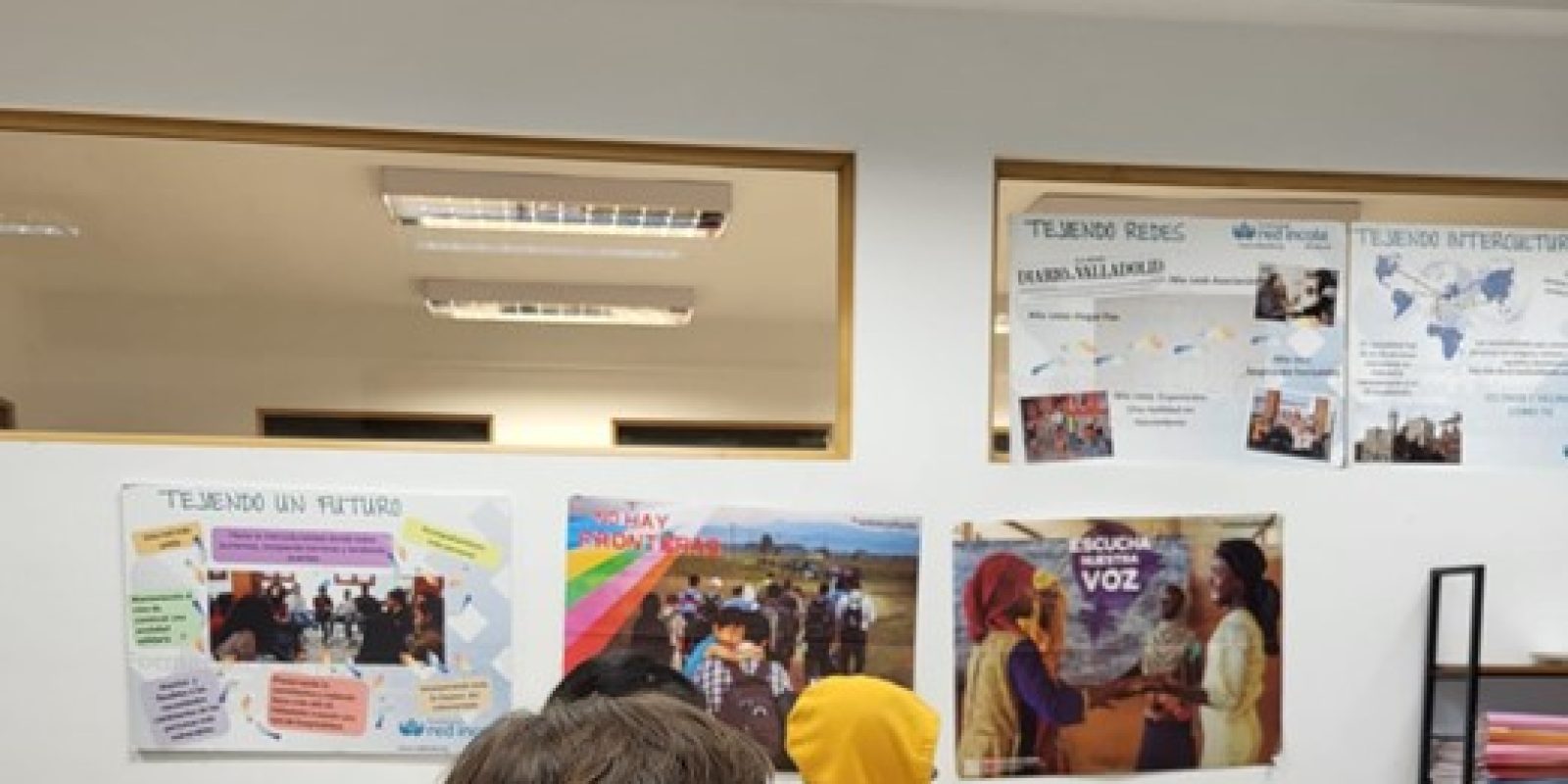Spain-Morocco: humanitarian worker accused of people smuggling
26 February 2018

Episodes in which authorities are criminalising, or discrediting human rights defenders and NGOs in Europe for their solidarity with migrants are increasingly recurrent. Here we examine a case from the Spanish-Moroccan border.
The case of Helena Maleno
Helena Maleno is a journalist, researcher and defender of migrants based in Morocco. Her telephone calls from Tangiers, where she lives, to the Spanish Maritime Rescue Service warning of lives in danger at sea, have saved hundreds of lives of people crossing the Strait in the past decade.
In 2012 the Spanish National Police opened an investigation into the activities of Helena. As part of that investigation, the police produced a report in 2016 accusing her of collaborating with smuggling networks. This report was sent to the Spanish Prosecutor and to the Moroccan authorities with a request to investigate. The Spanish Prosecutor filed the case in April 2017 and declared that the calls made by Helena Maleno to the Spanish Maritime Rescue Service do not constitute a crime. Her calls simply save lives. However, the Spanish Government has not informed Morocco of the case file in Spain. As a result of the police report sent by Spain to Morocco, after several delays, Helena was interrogated by a Moroccan judge in Tangiers on 31 January 2018.
Many people and institutions in Spain have come out to support Helena. The Migrants Rights Network (Red Migrantes con Derechos), which brings together Church institutions, the Council of the Spanish Lawyers and the Council of Development Organizations have mobilised with various actions, including collecting 30,000 signatures in Helena’s support during a 36-hour campaign.
Solidarity with migrants must not be criminalised
The drivers of human mobility are complex. But in all cases, we are called to serve our fundamental duty to save human lives. Helena Maleno and other human rights defenders implicated in humanitarian assistance to migrants are brave people. We are grateful for their commitment and solidarity.
Saving lives is a basic moral and legal imperative. Giving humanitarian assistance must not be criminalized or the subject of political attacks.

